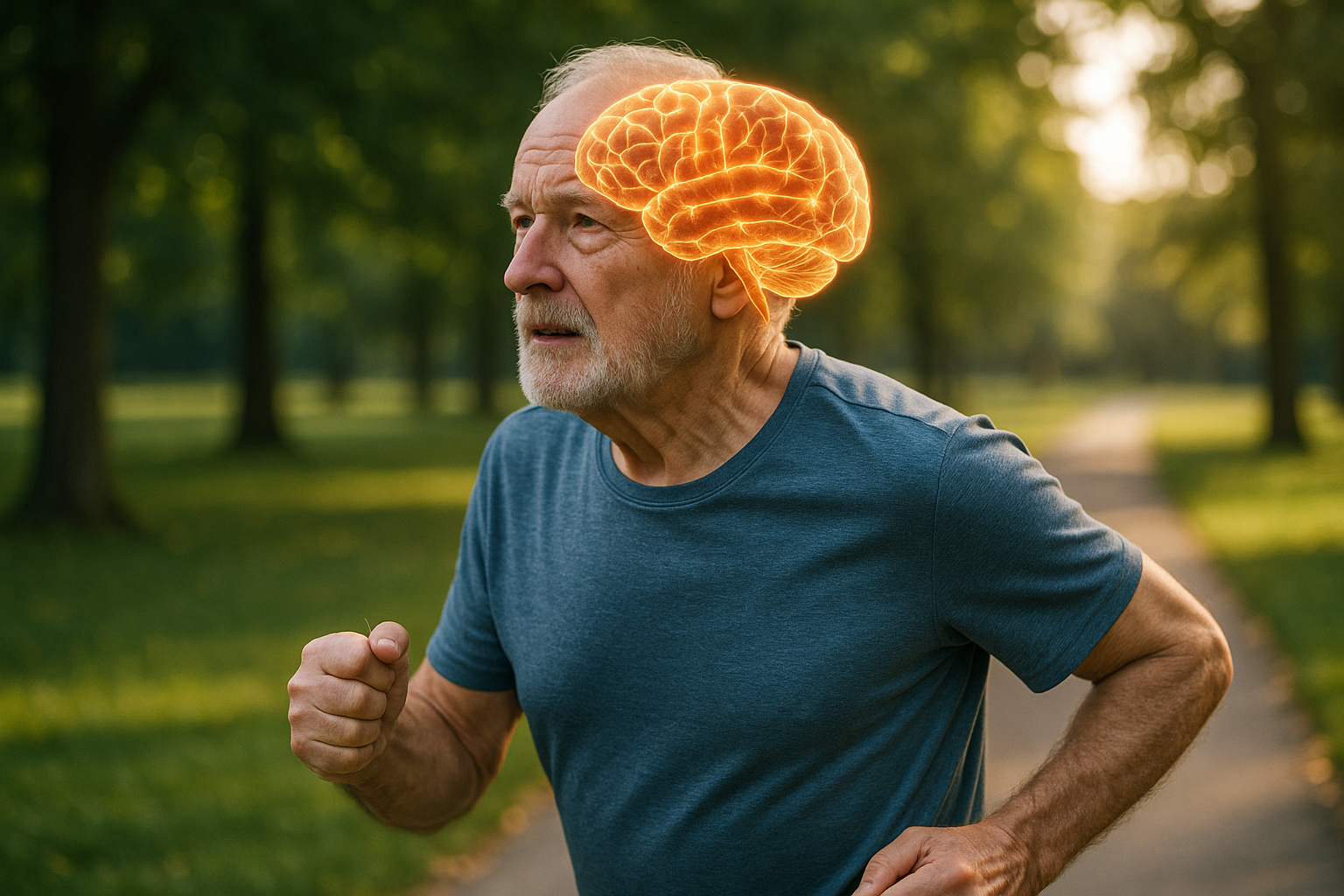Brain Training: Understanding and Enhancing Cognitive Function
Brain health management includes practices that support memory, focus, and long-term cognitive function. Key factors involve mental stimulation, balanced nutrition, regular physical activity, and adequate sleep, as well as medical care for age-related conditions.

What Is Brain Health Management?
Brain health management refers to the proactive approach individuals take to maintain and improve their cognitive functions. This encompasses a range of activities, from physical exercise to mental stimulation, proper nutrition, and adequate sleep. The brain, like other organs in the body, requires consistent care and attention to function optimally. Managing brain health involves understanding the factors that influence cognitive performance and implementing strategies to support neural health across the lifespan. This approach recognizes that brain health is not static but can be actively influenced through lifestyle choices and specific interventions.
How Does Brain Training Impact Cognitive Function?
Brain training exercises are designed to target specific cognitive domains including memory, attention, processing speed, and executive function. These activities work through the principle of neuroplasticity—the brain’s ability to form new neural connections throughout life in response to learning and experience. When we engage in challenging mental activities, we stimulate neural pathways, potentially strengthening existing connections and creating new ones. Research indicates that certain types of cognitive training may improve performance on trained tasks, though the extent to which these improvements transfer to everyday cognitive functioning remains a subject of ongoing scientific investigation.
Effective Strategies for Managing Brain Health
Managing brain health effectively requires a multifaceted approach that extends beyond simple brain games. Physical exercise has been consistently linked to improved cognitive function through increased blood flow to the brain and the production of growth factors that support neuronal health. Nutrition plays a crucial role, with Mediterranean and MIND diets showing particular promise for brain health. Quality sleep is essential for memory consolidation and clearing metabolic waste from the brain. Social engagement provides cognitive stimulation and emotional support that contributes to brain resilience. Finally, stress management techniques like mindfulness meditation may help protect the brain from the harmful effects of chronic stress hormones.
The Science Behind Brain Training Programs
Commercial brain training programs often claim to improve overall cognitive function through regular use of their specific games and exercises. While some studies have shown improvements in performance on trained tasks, the scientific community remains divided on whether these benefits transfer broadly to untrained tasks or real-world cognitive functioning. The most promising research suggests that programs targeting multiple cognitive domains with progressively challenging exercises may offer better outcomes than those focusing on isolated skills. The variability in research findings highlights the importance of evaluating brain training claims critically and understanding that cognitive enhancement likely requires a comprehensive approach rather than any single intervention.
Brain Health Across the Lifespan
Brain health management strategies should adapt to different life stages, as cognitive needs and challenges evolve throughout life. In childhood and adolescence, the focus should be on building cognitive reserve through diverse learning experiences and physical activity. Young adults benefit from establishing healthy brain habits that can provide protection against future decline. Middle-aged adults may need to address emerging risk factors like hypertension or stress that can affect long-term brain health. For older adults, maintaining cognitive function often involves a combination of challenging mental activities, physical exercise, social engagement, and management of health conditions that could impact the brain. This lifespan approach recognizes that early investment in brain health can yield benefits decades later.
Comparing Popular Brain Training Resources
The market offers numerous brain training options ranging from simple puzzles to sophisticated digital platforms. Understanding their differences can help individuals make informed choices about which resources might best suit their needs.
| Resource Type | Examples | Features | Approximate Cost |
|---|---|---|---|
| Mobile Apps | Lumosity, Peak, Elevate | Personalized training, progress tracking, variety of games | $0-15/month |
| Computer Software | BrainHQ, CogniFit | Research-backed exercises, comprehensive assessment | $8-14/month |
| Traditional Activities | Crosswords, Sudoku, Chess | Accessible, can be social, low-tech | $0-30 (one-time) |
| Cognitive Training Programs | Posit Science, Cogmed | Clinical focus, often used for specific conditions | $200-1,500 (program) |
| Books and Workbooks | Brain workout books | Self-paced, portable, no screen time | $10-30 (one-time) |
Prices, rates, or cost estimates mentioned in this article are based on the latest available information but may change over time. Independent research is advised before making financial decisions.
Creating a Personal Brain Health Management Plan
A personalized approach to brain health management recognizes individual differences in cognitive strengths, challenges, and preferences. An effective plan should incorporate regular physical exercise that elevates heart rate, mental challenges that push cognitive boundaries without causing frustration, nutritional strategies focusing on brain-healthy foods, stress management techniques, and activities that promote quality sleep. Building variety into cognitive challenges helps target different brain regions and may prevent adaptation that reduces the benefit of repeated activities. Regular reassessment allows adjustments as needs change or as new research emerges about effective brain health interventions.
This article is for informational purposes only and should not be considered medical advice. Please consult a qualified healthcare professional for personalized guidance and treatment.




